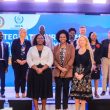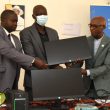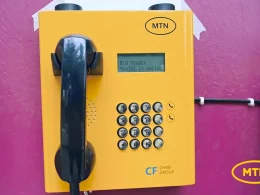By Mark Kawalya
13 African languages, including Luganda, have been added to Microsoft Azure Cognitive Services Translator. The development makes it possible to translate text-based information to and from Luganda across Microsoft’s entire ecosystem of services and products.
The addition of African languages started with Zulu and Somali last year and has now added Kinyarwanda, ChiShona, Sesotho, Hausa, Igbo, Lingala, Setswana, Luganda, Xhosa, Nyanja, Rundi, Sesotho sa Leboa, and Yoruba. In total, the service supports 124 languages, providing language support to diverse people from different parts of the world.
“It is transformative when we can empower our communities across the continent to do and achieve more, and even more so when they can do it in their own language. Through this release, we continue to build meaningful cognitive products and services that improve accessibility and break down the language barrier between people and cultures all over the world,” Wael Elkabbany Microsoft Africa’s Regional Cluster General Manager, said.
He added that the inclusion of new African languages will enable more people and businesses to connect across languages, making it possible for language to become a seamless feature of technology usage.
Some of the products in the Microsoft ecosystem that have been integrated include the Microsoft Edge browser, Microsoft 365, and Bing search engine for translating entire webpages, LinkedIn for translating content submitted by users, and the Translator App which enables multilingual conversations, among others.
With Translator, individuals and organizations can add African Languages text translation to service products like websites, apps, and workflows, or use the Translator Document Translation feature to translate the language in documents or even large volumes of documents, using different file formats while maintaining the original formatting.
As Microsoft continues to add languages to its translation service, the firm ensures that it meets quality translation benchmarks for the supported languages. This is achieved by using modern neural machine translation (NMT) techniques. The firm first developed machine translation systems more than 10 years ago and has continued to advance these systems over the years.
These technological advances in translation enable businesses to expand their global reach, making it possible for them to communicate with clients and partners in different geographical locations by localizing content reliably and cost effectively.








